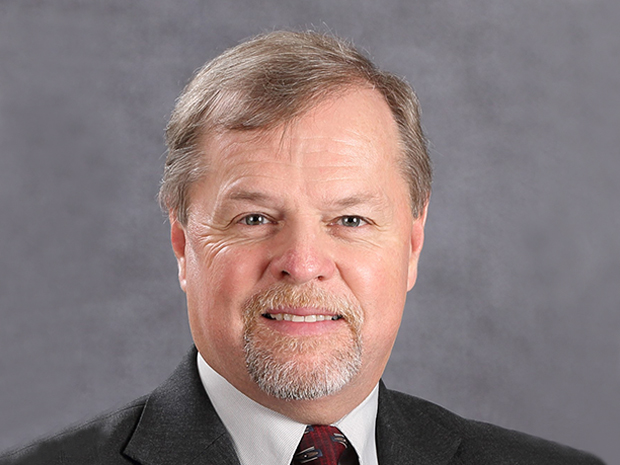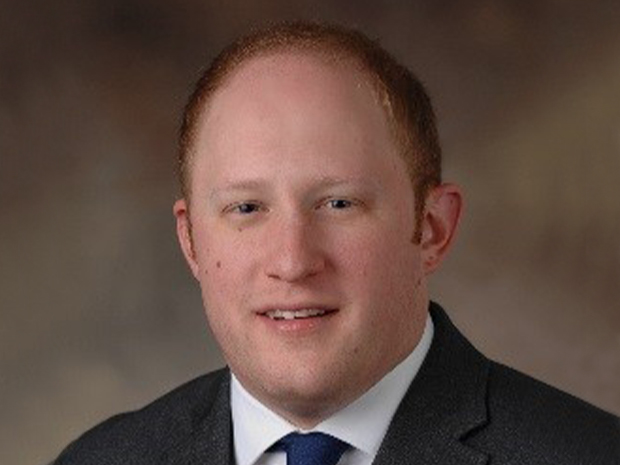Beginning in 2014, affected taxpayers must file California Form 3840
Effective for tax years beginning on or after Jan. 1, 2014, the state of California has added a new reporting requirement for taxpayers that defer tax in a like-kind exchange under section 1031 on the sale of property located in California and purchase replacement property located outside the state of California. California is requiring this new annual filing to track deferred gain under section 1031 that originates from the disposition of California property.
The California Revenue and Taxation code has long had a provision, referred to as "claw-back," that applies to taxpayers that defer gain under section 1031 on the sale of California property and purchase non-California property as their replacement property. Under the claw-back rules, the gain originally deferred on the California property sale is considered California-source income when the replacement property is eventually sold in a taxable transaction. There is no limit to the number of years that the California claw-back clause can apply.
To aid in the enforcement of the claw-back provision, for tax years beginning on or after Jan. 1, 2014, the California Franchise Tax Board (FTB) is requiring taxpayers that exchange real property located in California for like-kind property located outside California to file an annual information return, Form 3840. The purpose of the form is to track the deferred gain from like-kind exchanges where the replacement property is located outside the state of California. A draft of Form 3840, along with related instructions, was released on Oct. 31, 2014. Form 3840 is required to be filed in the year of the exchange that results in the deferred California income and each subsequent year until the California-sourced deferred gain is recognized on a California tax return. If a taxpayer is not otherwise required to file a California tax return, they must complete the entire Form 3840, including the signature area, annually and file the form at the address listed in the form instructions.
Failure to file the annual Form 3840 may result in the FTB estimating the income that was deferred and assessing the tax and related penalties and interest. This acceleration of tax occurs even though the taxpayer has not disposed of the replacement property and continues to defer tax for federal tax purposes.
Taxpayers that have completed or are considering like-kind exchanges of California property should discuss with their advisors the new filing requirements to ensure proper reporting in order to preserve any available tax deferral.



